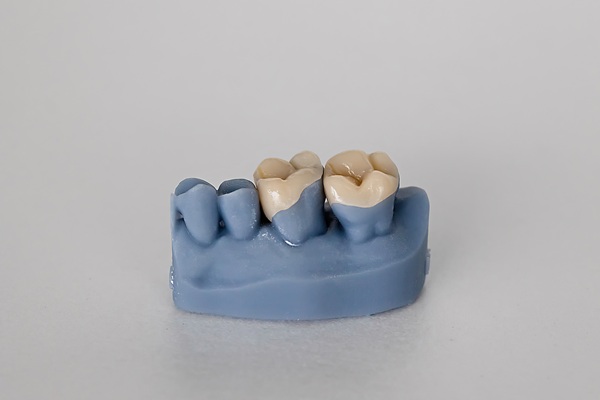 A trip to the dental office is the only way to know if a root canal treatment is necessary. However, there are a few warning signs to note. It is critical to schedule an appointment immediately for the treatment if you detect any of the following symptoms. The earlier that you undergo the procedure, the higher your chances are of a successful outcome.
A trip to the dental office is the only way to know if a root canal treatment is necessary. However, there are a few warning signs to note. It is critical to schedule an appointment immediately for the treatment if you detect any of the following symptoms. The earlier that you undergo the procedure, the higher your chances are of a successful outcome.
Indications for a root canal treatment
The following are symptoms of a root canal that might signal the need for treatment.
Recurrent pain
One of the indicators that someone may need a root canal is persistent tooth pain. The pain may be constant or intermittent. The pain may also occur deep within the tooth's socket or be referred pain around the cheek, jaw, or other teeth. Other than root canal issues, tooth discomfort can be caused by a variety of factors, including periodontitis (gum disease), decay, referred pain caused by a sinus infection or another issue, a deteriorated filling, or a potentially infected impacted tooth. When experiencing tooth pain, regardless of the source, it is advisable to book a dental appointment, especially if the discomfort is severe and persistent.
Heat and cold sensitivity
If someone experiences discomfort in their teeth when consuming hot foods, a cup of coffee, ice cream, or an icy-cold glass of water, they may be dealing with infected or damaged blood vessels and nerves. A dull aching or severe pain may accompany the sensitivity. A root canal may be necessary if the discomfort persists even when not eating or drinking.
Teeth discoloration
The tooth may get discolored due to a pulp infection. Dental trauma or internal tissue disintegration can harm the roots, resulting in a grayish-black look. It is often easier to notice the discoloration in a front (anterior) tooth. When there is a lack of blood circulation to the tooth pulp, it might die, signifying the need for a root canal treatment. Although other factors can cause tooth discoloration, it is always good to visit the dentist after noticing a change in teeth color.
Swollen gums
It is possible that the swelling of the gums will be intermittent. They could feel inflamed to touch or be completely painless. The dead pulp tissues induce swelling, which can also affect the root tips. A small pocket of pus called an abscess or gum boil may also appear on the gum, which could be a form of infection. The resulting pus from the gum infection can leave an unpleasant taste in the mouth and cause bad breath.
In conclusion
Besides severe tooth decay, bacteria can enter a chipped or cracked tooth, causing pain and infection. Even if a tooth is injured but does not chip or shatter, the nerves of the tooth may be damaged. The nerve can become irritated, resulting in pain and sensitivity, necessitating root canal treatment. Book an appointment with our dentist for an examination and treatment plan.
Request an appointment or call Hemet Dental Center: Brian Stiewel DDS, INC. at 951-707-4366 for an appointment in our Hemet office.
Recent Posts
Root canal treatment might be recommended if you have a damaged, decayed, or infected tooth. The procedure is usually recommended when the damage to a tooth leaves its pulp chamber compromised. This is the sealed-off, innermost layer of a tooth that houses its blood vessels and nerves. The pulp chamber of a tooth being opened…
Decaying teeth do not ever stop decaying without treatment. A root canal treatment becomes necessary to save the tooth, especially as an infected tooth can lead to significant pain. Treatment is painless. The only discomfort you will feel is at the end after the dentist finishes the treatment.From local anesthesia to dental dams, it is…
Root canal treatment is often the last course of action to save teeth that have been severely damaged or infected. A tooth might become damaged due to trauma to the face or tooth decay destroying its structures.The procedure has a bad reputation as one of the most painful treatments performed by dentists, but patients usually…


